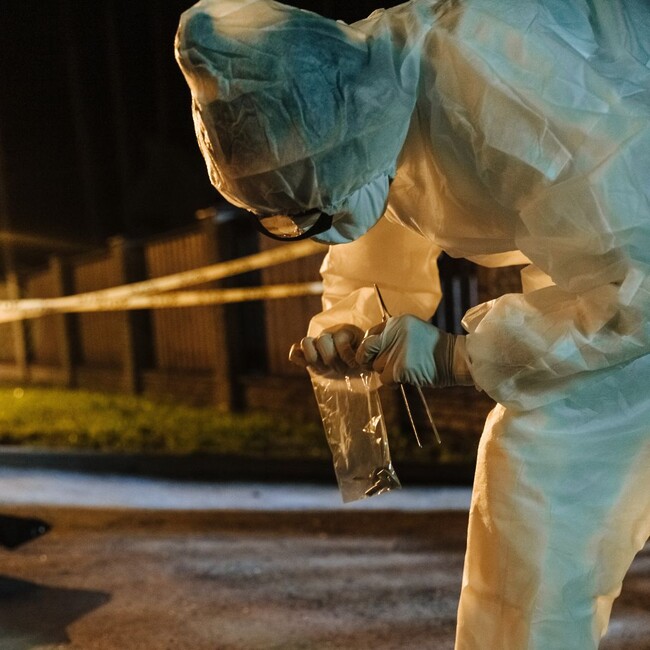Two Main Types Of Forensic DNA Tests

From crime scene investigations to ancestry tests, DNA testing has become a valuable tool in the modern world. Forensic DNA testing has been instrumental in solving some of the most high-profile criminal cases in recent history. But did you know that there are two main types of forensic DNA tests? Each one is unique and serves its purpose of uncovering vital information. Read on to know more!
What are Forensic DNA tests and their major types?
Forensic DNA testing is the scientific process of analyzing a person’s DNA to determine if they match the profile of a suspect in a crime. Two major types of DNA tests are commonly used in forensics: nuclear DNA testing and mitochondrial DNA testing. Nuclear DNA testing is used to examine the DNA found in the nucleus of cells, while mitochondrial DNA testing looks at the DNA found in the mitochondria of cells.
Nuclear DNA tests are more common than mitochondrial DNA tests, as they can provide more information about an individual’s identity. Nuclear DNA tests can be used to determine whether a person is related to another person, as well as to identify someone from a sample of their tissue or fluids. Nuclear DNA tests are also used to create a profile of an individual’s genetic makeup, which can be used to match them to a crime scene sample.
Mitochondrial DNA tests are not as commonly used as nuclear DNA tests, but they can be useful in certain cases. Mitochondrial DNA can also help identify remains that have been badly decomposed, as it is more resistant to degradation than nuclear DNA.
DNA tests have revolutionized the world of forensics, offering a more accurate and reliable way to identify suspects in criminal investigations. Along with finding a reputed lab, it is essential to have legal representatives, investigators and the court of law to get a forensic DNA test. You can trust us at Forensic Genetics Laboratory for quality assistance. We also provide an infidelity DNA test.

